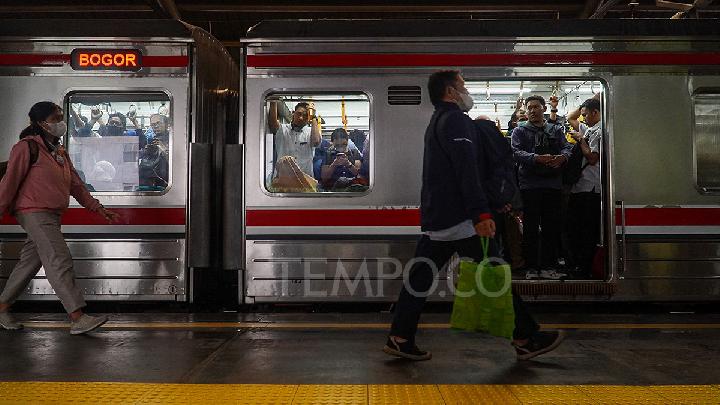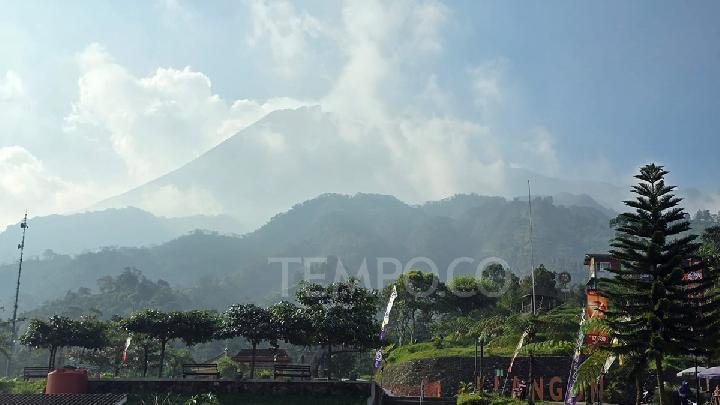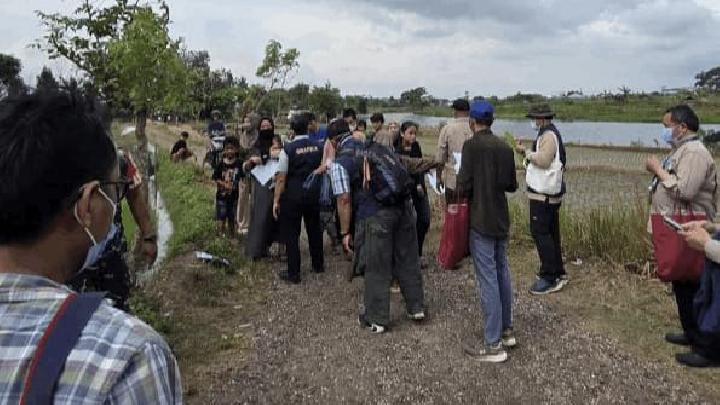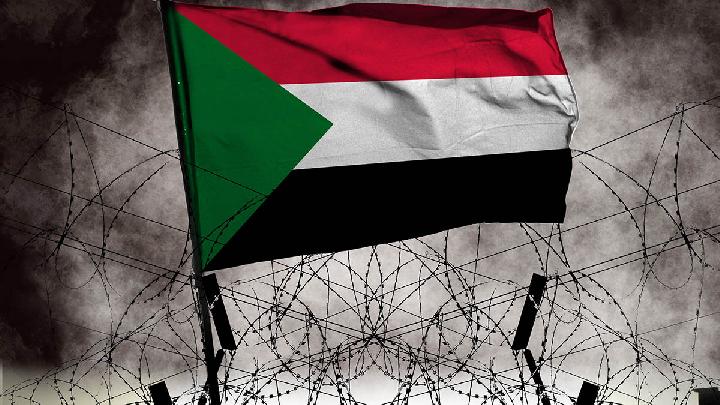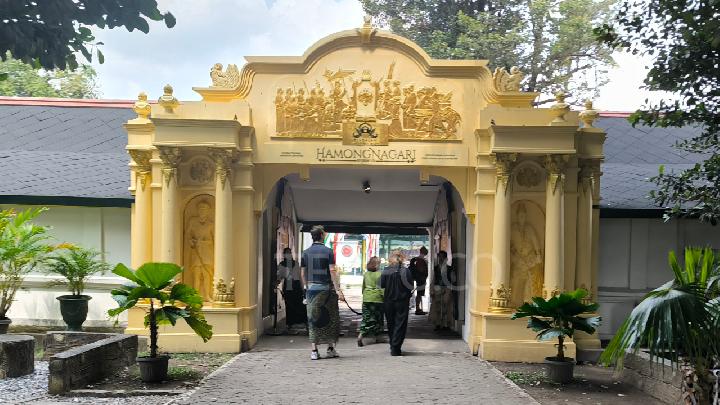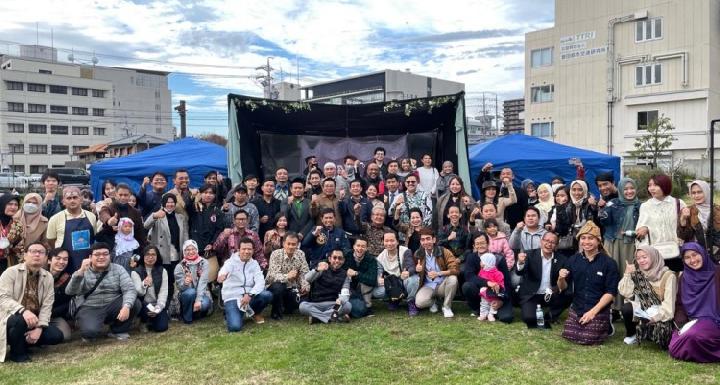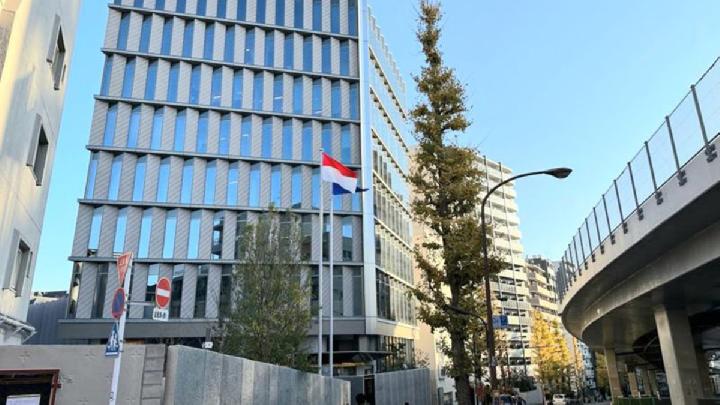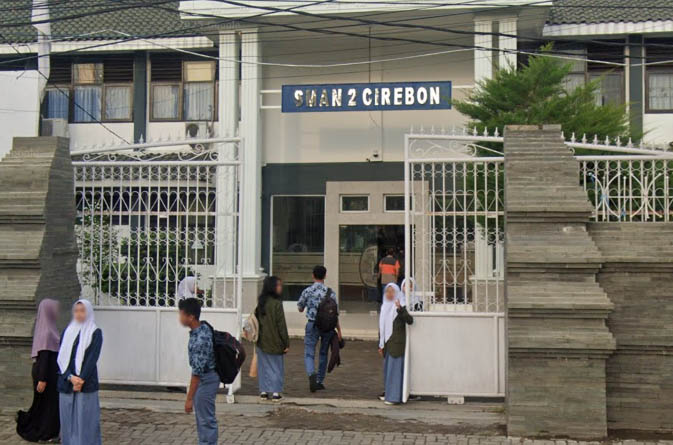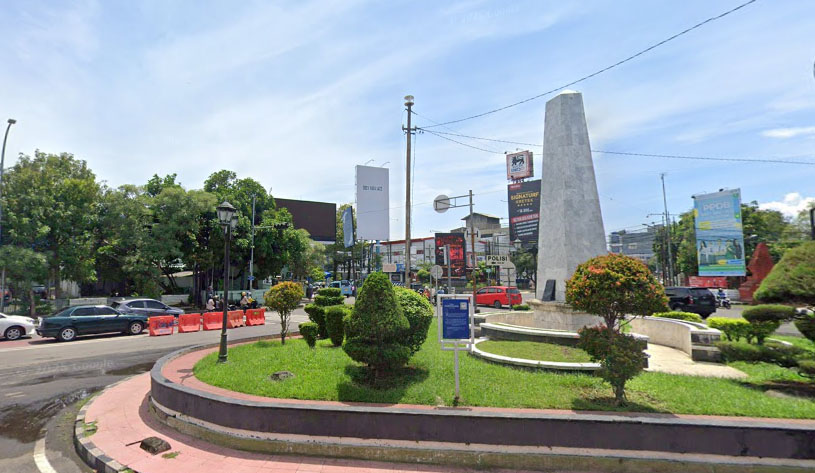
TEMPO.CO, Jakarta - Jakarta's air quality on Wednesday, July 23, 2025, ranked second-worst in the world, according to the data from air monitoring site IQAir. The Air Quality Index (AQI) in the capital recorded a level of 183, indicating unhealthy air conditions.
Kinshasa, the capital of the Democratic Republic of Congo, topped the list with an AQI of 186, only three points higher than Jakarta. At the ninth position, there is the capital of Malaysia, Kuala Lumpur, affected by wildfires in Sumatra.
Air Quality Index (AQI)
According to the American Lung Association, AQI is a system designed to warn the public when air pollution levels reach a dangerous threshold. AQI monitors tropospheric ozone (commonly known as smog) and small particulate pollutants (PM) from smoke, power plants, industry, motor vehicles, and other sources of pollution. The system also includes monitoring of other major air pollutants.
AQI information is regularly broadcast through newspapers, radio, television, and websites. By monitoring air quality regularly, the public can take preventive measures to protect themselves, children, and vulnerable groups from the impact of air pollution.
Air Quality Index (AQI) Categories
- Good (0-50): Healthy air, without significant risk.
- Moderate (51-100): Generally safe, but sensitive individuals should limit outdoor exertion.
- Unhealthy for Sensitive Groups (101-150): Children, the elderly, and those with respiratory conditions are advised to reduce outdoor activities.
- Unhealthy (151-200): Everyone may begin to experience health effects; members of sensitive groups may experience more serious health effects.
- Very Unhealthy (201-300): Health alert: everyone may experience more serious health effects.
- Hazardous (301-500): Health warnings of emergency conditions; the entire population is more likely to be affected.
Causes of Poor Air Quality
Citing the AQI site, there are several factors that trigger air quality deterioration:
- Burning of fossil fuels
- Industrial emissions
- Indoor air pollution, which can be caused by Volatile Organic Compounds (VOC), poor ventilation, unstable temperatures, and non-ideal humidity
- Wildfires
- Microbial decomposition
- Motorized transportation
- Open burning of waste
- Construction and demolition activities
- Agricultural activities. According to the FAO (Food and Agriculture Organization), "About 40 percent of emissions come from livestock, 16 percent from mineral fertilizers, 17 percent from burning biomass, and 8 percent come from agricultural wastes."
- Use of chemical and synthetic products
Effects of Poor Air Quality
According to the NRDC website, air pollution is now the fourth leading cause of premature death in the world. The State of Global Air 2020 report noted that about 4.5 million deaths in 2019 were related to outdoor air pollution exposure. Meanwhile, indoor air pollution contributed to about 2.2 million deaths in the same year.
Countries with large populations, such as China and India, are noted to experience the highest disease burden due to polluted air. "Despite improvements in reducing global average mortality rates from air pollution, this report also serves as a sobering reminder that the climate crisis threatens to worsen air pollution problems significantly," explained Vijay Limaye, a senior scientist at the NRDC.
He cited that smog can worsen due to rising temperatures, with pollutants forming when there is hot weather and high ultraviolet radiation.
Climate change also exacerbates the release of allergenic pollutants. "Climate change–fueled droughts and dry conditions are also setting the stage for dangerous wildfires. "Wildfire smoke can linger for days and pollute the air with particulate matter hundreds of miles downwind."
The impact of air pollution on the human body varies depending on the type of pollutant, duration and intensity of exposure, individual health conditions, and the combined effects of various other factors.
Editor’s Choice: Why India is Unable to Meet WHO Air Quality Standards
Click here to get the latest news updates from Tempo on Google News
Forestry Ministry Identified Rokan Hilir as Main Source of Wildfire Hotspots in Riau
17 jam lalu
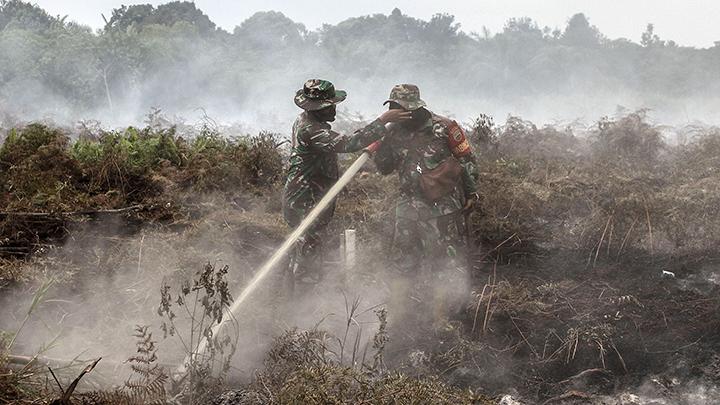
There are 354 hotspots in Rokan Hilir, including 9 active fire points, until July 20, 2025.
Why Indonesian Independence Day Celebration Won't Take Place in IKN This Year
19 jam lalu

Bahlil Lahadalia stated that the 80th Indonesian Independence Day ceremony will not be held due to ill-equipped facilities.
UN Chief Declares World on Brink of New Clean Energy Era as Fossil Fuels "Flail"
1 hari lalu

United Nations Secretary-General Antnio Guterres declared that the world is on the cusp of a new era, with clean energy on the rise.
Environmental Agency Responds to IQAir's Poor Jakarta Air Quality Report
1 hari lalu
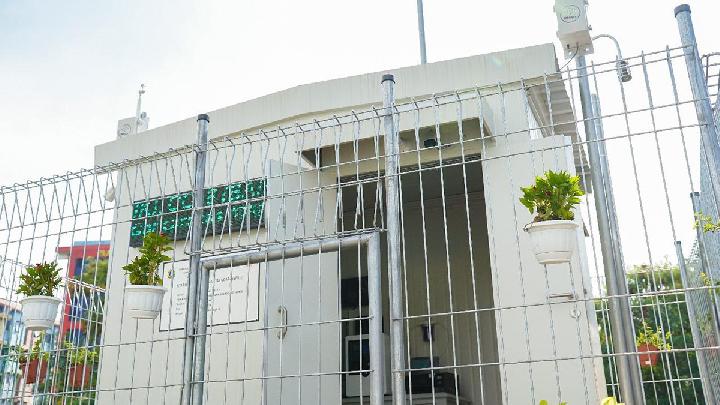
What is the official data from the Jakarta Department of Environment when IQAir says Jakarta's air quality is very unhealthy in many areas?
Jakarta Rivers Remain Heavily Polluted, Data Shows
2 hari lalu
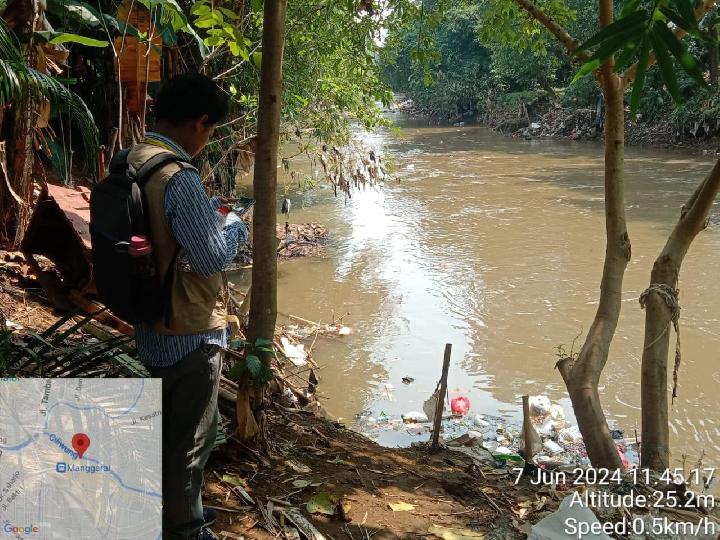
Jakarta's rivers are contaminated by, among other things, wastewater from washing, bathing, and general household waste (greywater).
Indonesia's 80th Independence Day Ceremony to Be Held in Jakarta, Not IKN
5 hari lalu

The ceremony for the 80th Anniversary of Indonesian Independence Day will take place in Jakarta, not at the new capital city of Nusantara (IKN).
What Country Has No Rivers? Here Is the Complete Global List
5 hari lalu

Whether vast deserts or tiny island states, each of these countries with no river has found its own way to survive without one of nature's resources.
Prabowo Directs Indonesia's 80th Independence Day to Center at Jakarta's State Palace, VP Gibran Says
5 hari lalu

Vice President Gibran explained why Prabowo chose to hold the 80th Indonesian Independence Day ceremony in Jakarta.
Jakarta Mandates Weekly Exercise for Civil Servants Due to High Obesity Rate
5 hari lalu

Health examinations conducted in 2024 revealed that 62 percent of civil servants in Jakarta are obese.
8 Busiest Cities in the World Where Sleep is Optional
6 hari lalu

In a world that never hits pause, these busiest cities in the world adapt to unimaginable hustling environments.









